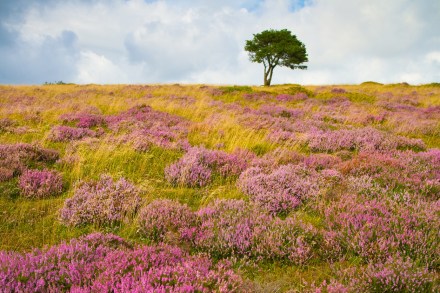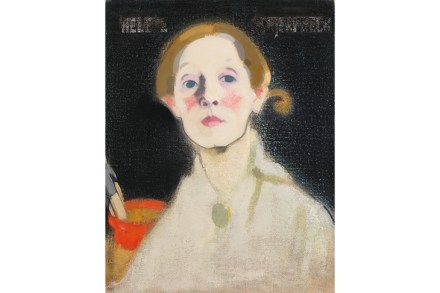Canine connoisseurs
ExhibitionsStepping into any art gallery, the last thing you expect to be greeted by is a cacophony of barking and wet noses on your knee. This, however, was the welcome I received at the current exhibition at Southwark Park Galleries. Dog Show is, as the name suggests, about dogs. Not just about dogs, though; each






























